BY NKASI WODU
Nigeria, Africa’s most populous nation, is getting ready for its general elections next year, with two front liners from the two major parties emerging in a defining election. This election will be defining for Nigerians because the candidate sworn in on May 29, 2023, will be taking over the reins of a country pulled in different directions by multiple security pressures, an unprecedented situation since the country last fought its civil war in 1970.
Elections in Nigeria since the post-independence period have been marked by violence and contentious politics. In the country’s early days, the western region (now south west region) was engulfed by riots in the lead-up to the 1965 regional elections. More recently, 800 people lost their lives in a span of three days due to post-election violence, following the 2011 general elections.
However, violence in Nigeria’s elections does not occur in a vacuum; instead, it is exacerbated by the existence of particular security pressures that increase the vulnerability to electoral violence. For example, the 2011 post-election violence, which occurred mainly in Kaduna State, Northern Nigeria, was worsened by a history of sectarian violence between Christians and Muslims and a culture of impunity for religious violence in that State. Similarly, the violence experienced in the 2015 and 2019 elections in Rivers State, Southern Nigeria, was fed by a complex mix of organised violence, the increasing activities of armed groups, and their association with political factions in the State during that period. Coincidentally, Nigeria’s ranking in the Fund for Peace’s (FFP) Fragile States Index (FSI) in the last three election cycles (2011, 2015 & 2019) continues to hover below the 15th position, a worrying trend considering the violence experienced in those three periods.
As the political season for the 2023 elections draws near, Nigeria is at risk of experiencing another bout of election-related violence, particularly as the security pressures have increased in intensity and expanded in scope this time. Among the regions mainly untouched by high levels of electoral violence in previous election cycles was the southeast region. However, this situation has changed. As the site of an emerging insurgency led by the Indigenous People of Biafra (IPOB) – a secessionist group to separate from the Nigerian State –and its militant arm, the Eastern Security Network (ESN), the region has recorded an increasing number of clashes with public security forces since 2020 including attacks on police stations, prisons, courts and the offices of the Independent National Electoral Commission, Nigeria’s electoral management body. According to reports, more than 100 people were killed by security personnel in the first four months of 2020 alone, while 21 policemen were killed in three months alone that same year. Added to this mix are troubling reports of human rights violations by the public security forces in Nigeria and an overly militarised approach employed by the government to address the problem. Even more disturbing is that IPOB had begun to use its military arm – the ESN – to enforce sit-at-home orders and had threatened a large-scale boycott of the 2021 gubernatorial elections in Anambra State, a southeast state and one of the strongholds of the separatist group, although ultimately did not enforce the boycott that time, and later came out with a statement to say they did not actually mean it.
Nigeria’s Northern region had also been the epicenter of increasing violence from armed groups referred to as ‘bandits’ or ‘unknown gunmen’ in the Nigerian media until January 2022, when the Nigerian government declared them a terror group. Major hotspots for banditry in Nigeria are Zamfara, Katsina, Kebbi, Kaduna, Sokoto, Nasarawa and Niger. Unfortunately, these formerly unorganised criminal entities have evolved into an organised criminal network, willing to enforce the destructive ideologies of extremist groups like Boko Haram and the Islamic State West Africa Province (ISWAP) – who have continued to threaten peaceful elections in Nigeria since 2011. Recently, these groups have been involved in kidnapping school children and other victims while extorting huge sums from their families; they have also attacked a passenger train and shot down an Air Force fighter jet. More worrying in light of the 2023 election is that these opportunist groups can be used to perpetrate election violence or stop elections in strongholds of opposition politicians.
Nigeria’s South-South region has ceased to be a scene for criminal insurgency since the devastating activities of the Niger Delta Avengers in 2016. But unfortunately, it has continued to be home to a different kind of threat, cult groups – armed groups made up of young people – which have proliferated across its six states. Typically, in the lead-up to previous elections, violence from cult groups intensifies as they battle for control over an area. This control provides them the leverage to negotiate with political parties to ‘deliver’ the elections in that area – a term used to describe a situation where the use of violence is deployed to give a particular politician or his party an advantage in the polls. Thus, rivalries and supremacy battles between cult groups have become an extension of political battles as rival politicians fund opposing cult groups to gain an advantage over others. This was the case in the 2015 and 2019 elections, and the continued existence of these groups and competitive politics in Nigeria pose significant risks in the 2023 elections.
In Lagos, Nigeria’s most populous city, and former capital located in the South-West, citizens were besieged by brazen attacks from cult groups, particularly the One Million Boys and Awawa groups in 2020 during the pandemic. Reports indicate that these groups operated with impunity, forcing residents to form local vigilantes because of the inability of the Nigerian police force to respond to repeated calls from residents. Cult groups continue to terrorize the South-West states as well, and just as in the South-South, these groups have been tools in the hands of politicians to perpetrate election-related violence.
Electoral violence in Nigeria seldom occurs in a vacuum; it is driven by a system that rewards violence, encouraged by a struggling and overstretched security architecture, a culture of impunity, and a political structure that incentivizes zero-sum politics. In this intricate system, violent groups continue to rise and spread across Nigeria and serve as tools for fierce political contestation. As Nigeria’s 2023 election cycle draws near, the prospects of a violent contest loom, especially in the face of a battle for survival between the two major political parties who face different tests. Analysts have declared that without power, the ruling APC, formed in 2014, to wrest political power from the PDP could disintegrate, while losing a third Presidential election in 2023 could have deleterious effects on the PDP. Against this backdrop, the stage is set for a fierce contest. As past elections have shown, existing security pressures exacerbate this contest.
Even more significant from a stabilisation perspective is that whoever emerges as the winner of the elections next year will be faced with severe security pressures. Increasingly violent armed groups, a security architecture unable to keep up with the pace of worsening insecurity, and large swathes of spaces governed by violent non-state actors are a few of those challenges. Therefore, Nigerians need to ask questions of the major contenders for the 2023 elections and decide which of them is capable of pulling the country back from its brink yet again.
Nkasi Wodu, a Senior New Voices Fellow at the Aspen Institute, is a lawyer, peacebuilding expert in Africa, and scholar of Global Governance and Human Security at the University of Massachusetts, Boston.
Above is for the op-ed pages
The centrespread will be the op-ed pages, with editorial and masthead on the first page. The opinions follow to the next page.

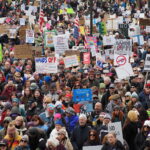
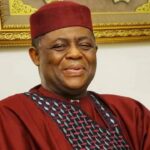
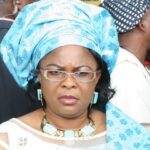
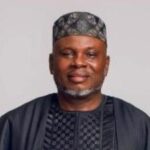
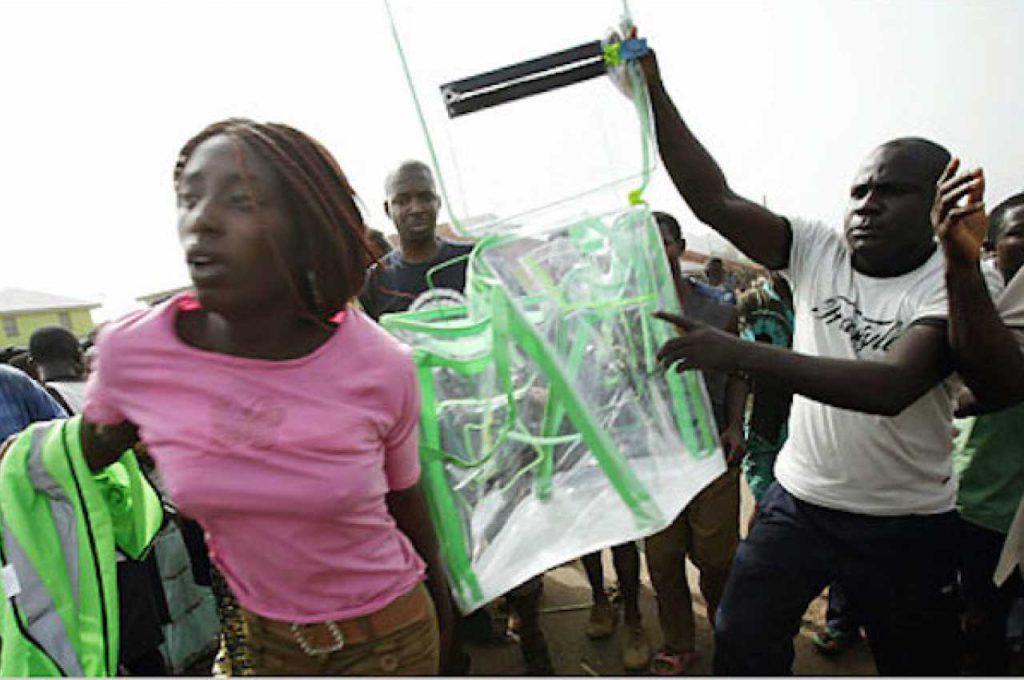
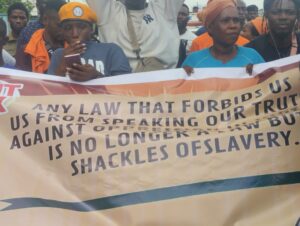
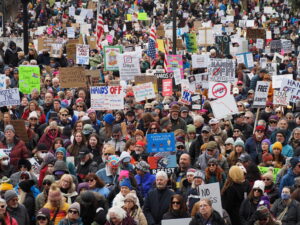
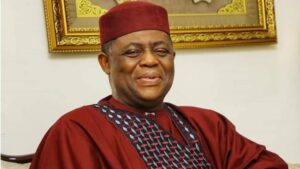
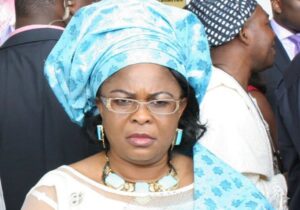
More Stories
Senate Drama: Akpabio vs. Natasha and the Lessons for Nigeria
What if Farotimi’s allegations are not false
Governor Otti unveils new era of development for Ohafia with landmark bill signing